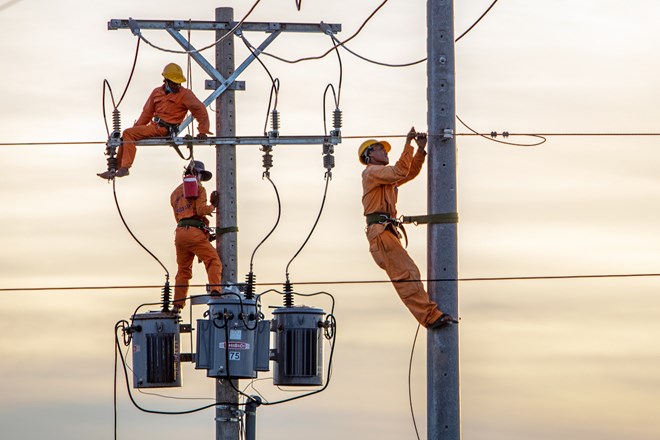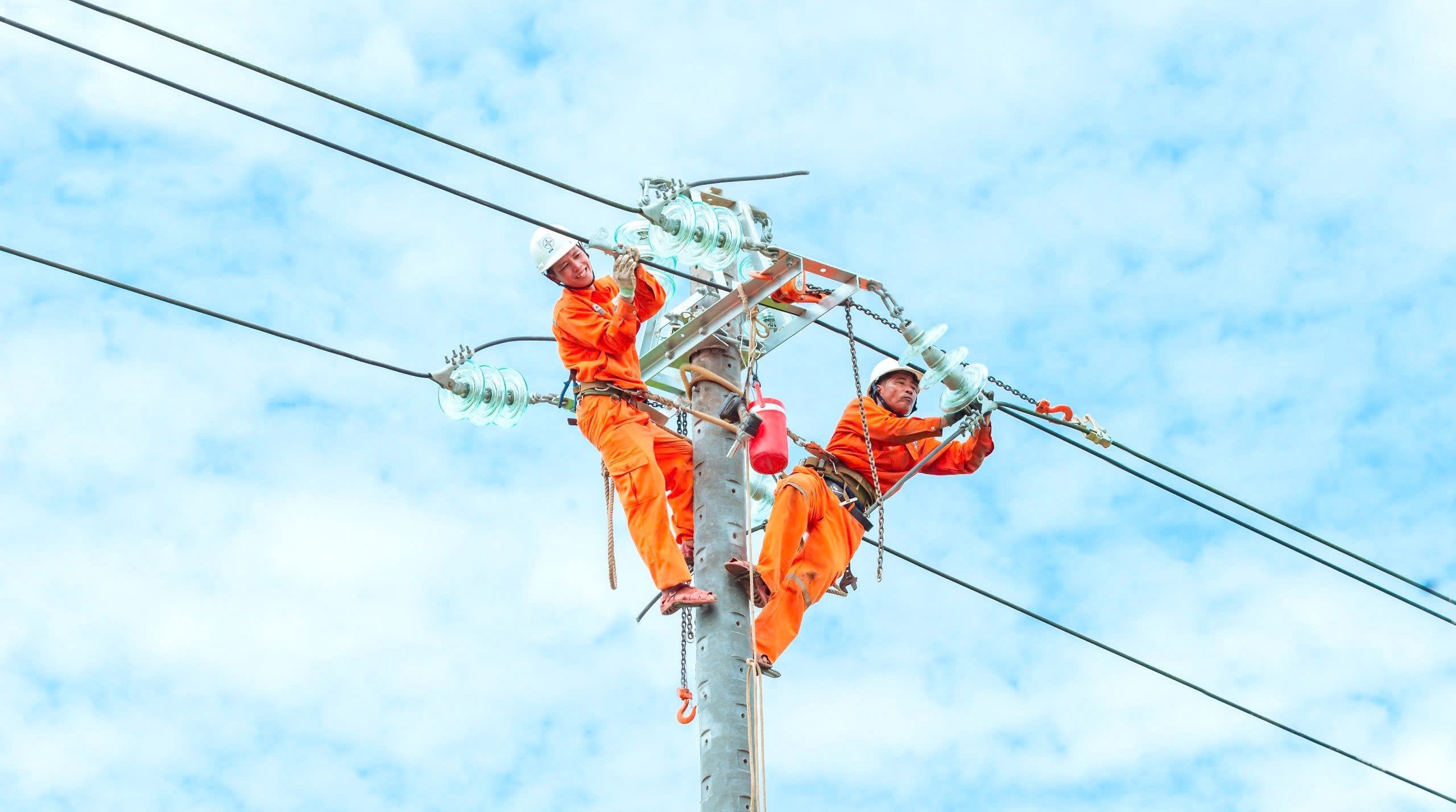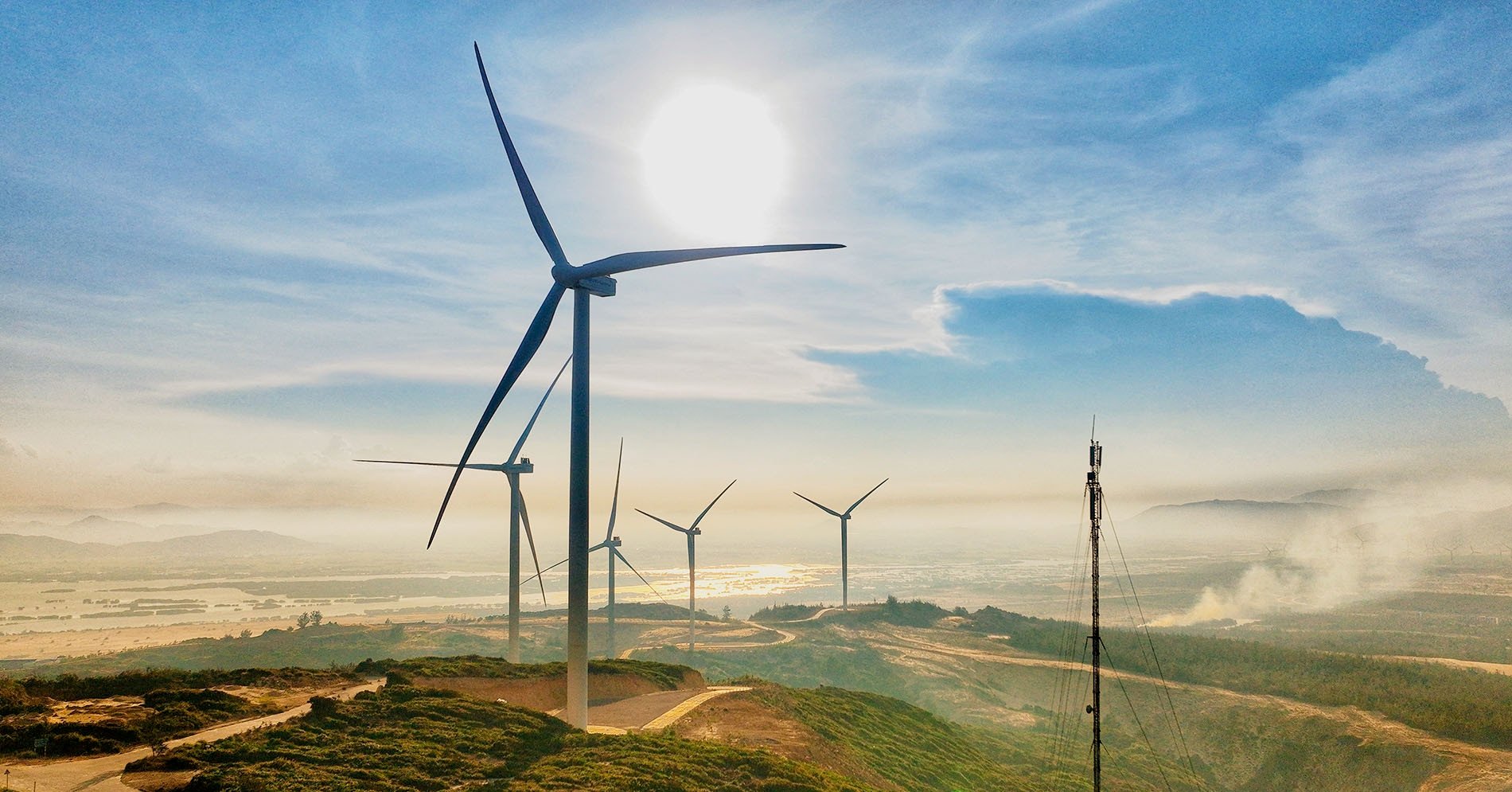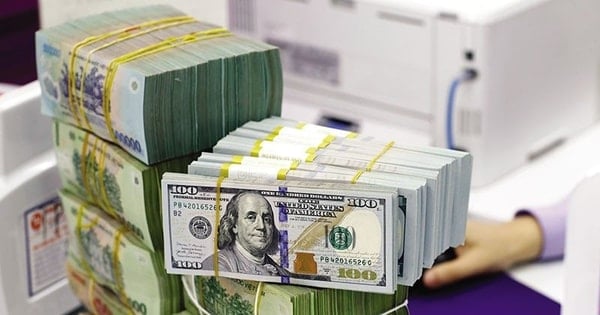
Electricity prices are still lower than production costs.
On the afternoon of November 9, Vietnam Electricity Group (EVN) announced that the average retail electricity price (electricity price) will increase from VND1,920.37 to VND2,006.79 per kWh (excluding VAT), equivalent to an increase of 4.5%. This decision has been approved in principle by the Government and the Ministry of Industry and Trade.
After the increase, the electricity price is still lower than the production cost, according to Mr. Nguyen Dinh Phuoc - Chief Accountant of EVN informed at the meeting this afternoon. He said, to ensure social security and socio-economic indicators, EVN proposed a moderate increase of 4.5%.
The increase will help EVN collect an additional VND3,200 billion from now until the end of the year, helping the group reduce some of the difficulties in 2023.
Regarding the impact of electricity price increases that can affect the lives of people and businesses, Mr. Nguyen Quoc Dung - Head of EVN Business Department, said: The Government still supports the poor and social policy households.

"We assess the impact, the poor and disadvantaged will be most affected when electricity prices increase. However, most of these customers use less than 50kWh of electricity and according to Decision 28 of the Prime Minister, the Government supports an amount equivalent to 30kWh of electricity for poor households on the condition that they use less than 50kWh/month.
As for households that use a lot of electricity, they will be affected. For example, households that use 400 kWh or more will have to pay an additional amount of VND55,000 per month. These are people with a good income, so they are less affected by the increase in electricity prices," said Mr. Dung.
Sharing more, Mr. Tran Viet Hoa - Director of the Electricity Regulatory Authority (Ministry of Industry and Trade), said that this electricity price increase does not include the allocation of EVN's exchange rate difference from previous years, about 14,000 billion VND. With this price increase, it is estimated that the CPI will increase by 0.35%.
EVN explained that in 2023, several input parameters affected costs, including hydropower output - a cheap source of electricity - decreasing by 17 billion kWh. Prices of input fuels remained high, such as imported coal increased by 186% compared to 2020; domestic coal increased by nearly 30-46% compared to 2021 prices. Oil prices also increased by 18% compared to 2021, especially the foreign exchange rate increased by nearly 4%, directly affecting EVN's electricity purchase costs and electricity prices.
Production costs account for 83% of the cost price. With current input fuel costs, according to EVN's calculations, the production cost per kWh is about 2,098 VND, which is nearly 180 VND per kWh higher than the average retail price maintained from May until now (1,920.37 VND).
Last year, the group lost more than VND26,000 billion, after cutting costs by over VND10,000 billion. In a recent report by the Ministry of Planning and Investment, EVN's loss increased by about VND28,000 billion in 8 months. EVN also proposed solutions to cut 15% of regular costs at units, major repairs also decreased sharply; saving electricity for lighting at agencies and corporations...
Electricity bill has increased shockingly
Answering the question of a reporter from Lao Dong Newspaper about the fact that Hanoi Electricity Corporation (EVNHANOI) will change the recording of electricity meter readings on the last day of the month in 21 districts, implemented from November, along with EVN increasing electricity prices at this time, will it cause people's electricity bills to increase shockingly?
Responding, the leader of the Business Department under EVN said about changing the meter index closing schedule, EVN has long wanted to record meter indexes on the last day of the month and year, but has not been able to do so because up to now, many mechanical meters have been used.
Currently, the rate of electronic meters has reached 85%, so the Group has decided to change the time of recording meter readings to the last day of the month and year. This helps businesses to correctly account for the costs of the month and year. Electricity units have clearly informed customers about this.
"If last month, the meter reading was done on October 20, this time it will be done on November 30. Instead of recording the reading on the 20th, it will be recorded on the 30th, so customers will pay for electricity for 40 days of use (from October 20 to November 30). The electricity bill will increase, but in essence it is not an increase in cost but due to the delay in recording the reading by 10 days.
The Group requires a roadmap for recording appropriate indexes for the development of electronic meters from now until 2025," said Mr. Nguyen Quoc Dung.
Source




































![[Photo] "Beauties" participate in the parade rehearsal at Bien Hoa airport](https://vstatic.vietnam.vn/vietnam/resource/IMAGE/2025/4/11/155502af3384431e918de0e2e585d13a)































































Comment (0)